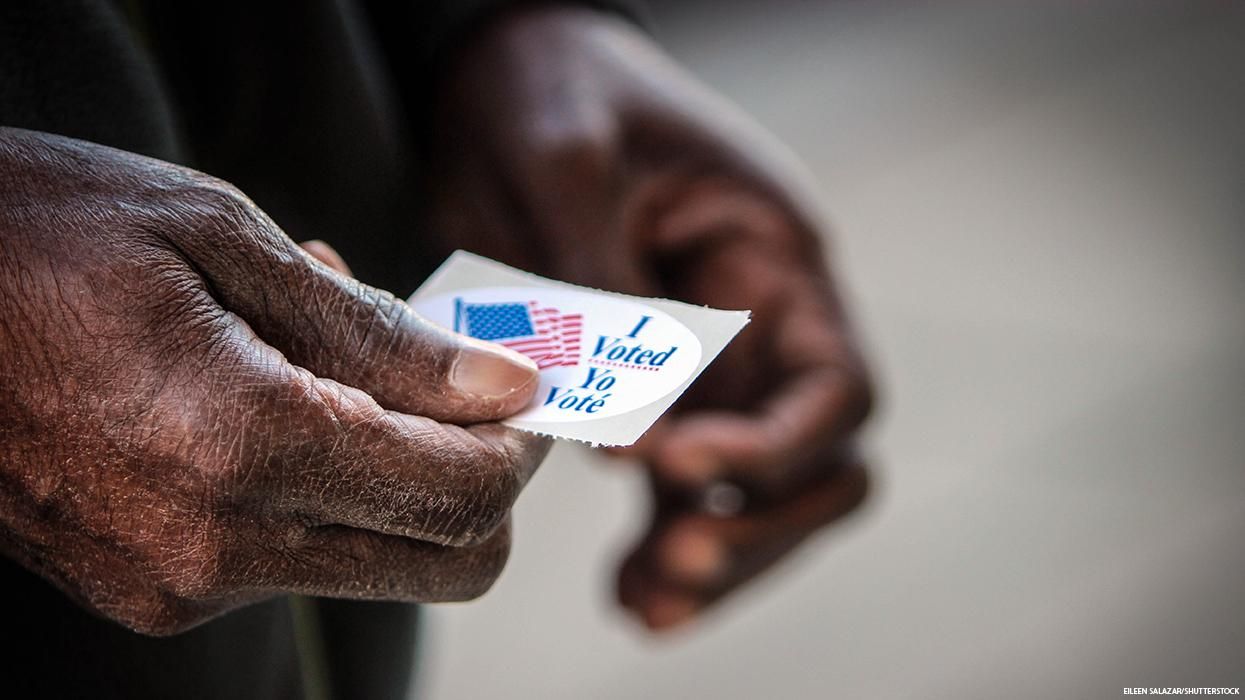As the results of this year's midterm elections are decided, new data is showing that one-in-five Black residents of Tennessee were prohibited from casting their votes.
According to nonprofit advocacy group The Sentencing Project, 21 percent of Tennessee's Black residents are barred from voting, alongside 8 percent of Latino voters. Mississippi has the second-highest rate of disenfranchisement, with 16 percent of eligible Black voters restricted from participating.
Though there's been a push in recent years to secure voting rights for people convicted of a felony, Tennessee has done the opposite, making it harder for those convicted to secure their vote. Tennessee is currently the only state in the country that requires felons to be up-to-date on child support payments in order to vote. They also require former convicts to pay court costs and restitution.
With around 470,000 Tennessee residents barred from voting, roughly 80 percent have served their sentences but are permanently disqualified from having their rights reinstated. While some are due to violent convictions, many are unable to vote simply because they are unable to pay their court fees.
Residents who may qualify can apply to vote again, though the procedure to reinstate their rights has been called "confusing, opaque bureaucracy." Only 2,000 Tennesseans have successfully appealed.
The Tennessee NAACP has since filed a lawsuit against the state over the inaccessibility of their restoration process. One of the plaintiffs, a 55-year-old resident of Dyersburg, Leola Scott, was convicted of nonviolent felony nearly 20 years ago.
When Scott tried to register to vote this year, she was told she has an outstanding balance of $2,390, despite paying her fees decades ago. Scott no longer has the receipts because her payments were made so long ago, and there is no path for her to fight an instance of clerical error.
“It was like the air was knocked out of me,” Scott told ProPublica. “I did everything that I was supposed to do. When I got in trouble, I owned it. I paid my debt to society. I took pride in paying off all that.”
Tennessee Advisory Committee issued a report to the U.S. Commission in 2019 that found payment requirements disproportionately affect women, people of color, and low income communities. The study notes that Tennessee has regularly increased court costs “as a means for funding the State’s courts and criminal justice system.”
Voter disenfranchisement can be consequential in elections, and not just for those who are unable to vote. Sekou Franklin, a political science professor at Middle Tennessee State University, said that elections can be decided by a few thousand votes.
He said: “There are real votes that are lost that can shape elections."


















































